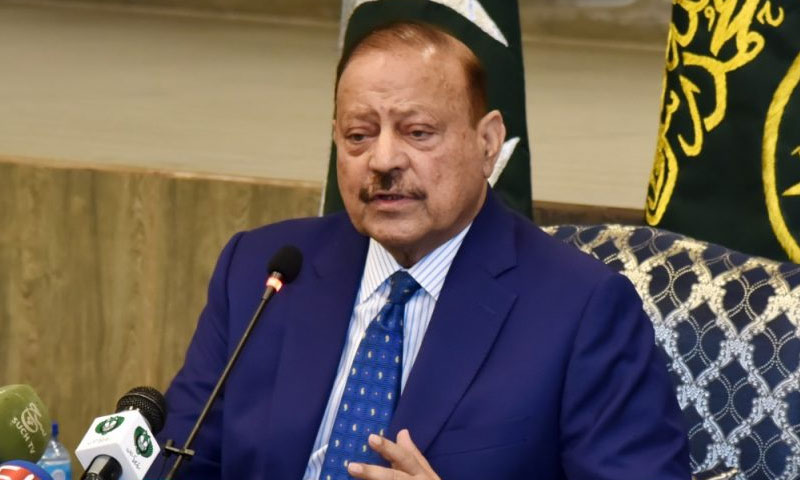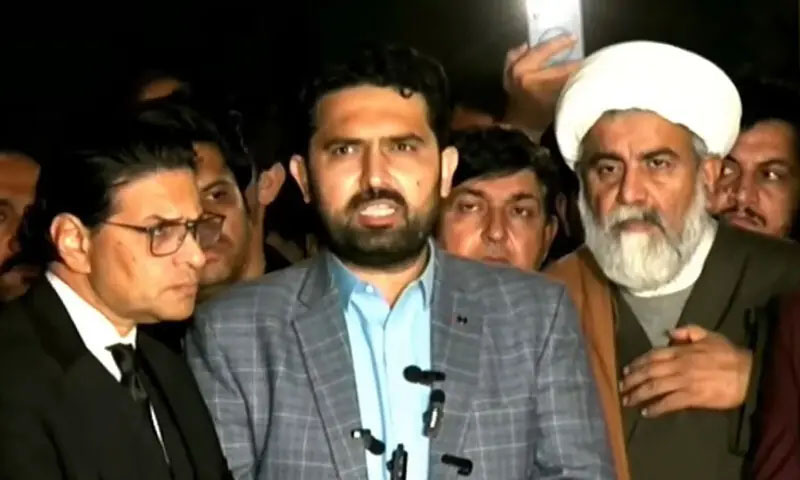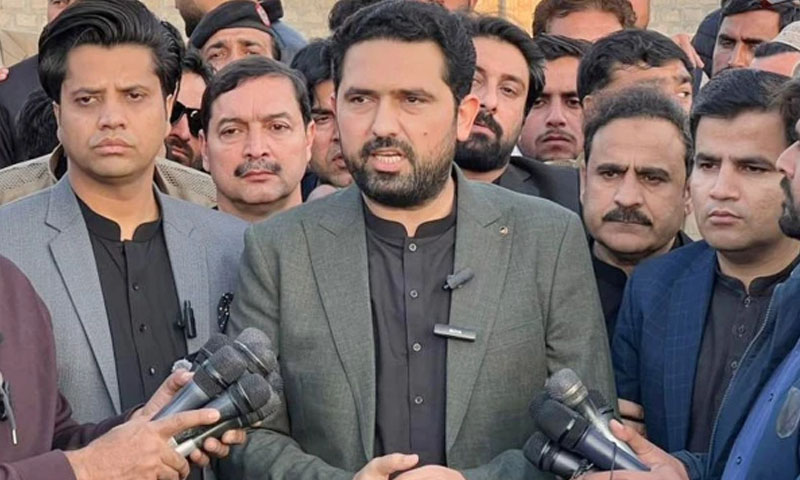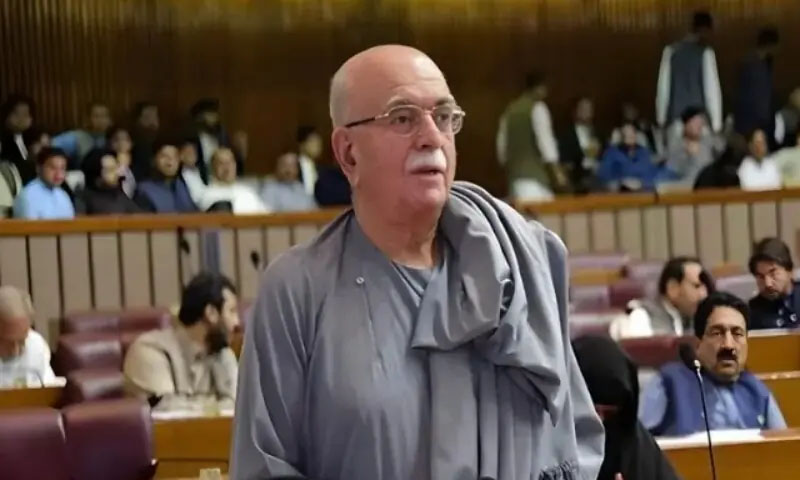- Web Desk
- Jan 31, 2026
Madrassa bill faces setback as President Zardari flags global implications
-

- Web Desk
- Dec 13, 2024
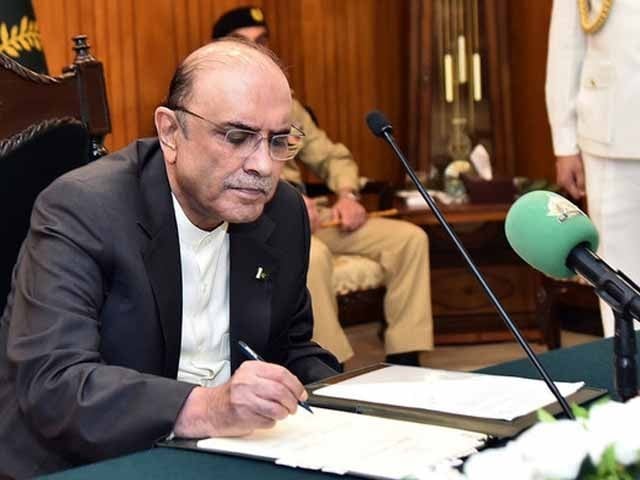
ISLAMABAD: President Asif Ali Zardari has warned potential global implications over a bill regarding the registration and regulation of madrassas under Societies Registration (Amendment) Act, 2024.
President Zardari has refused to sign the bill —passed by both house of parliament in October — and returned it to the National Assembly speaker, highlighting several flaws and procedural errors, contradicting the existing laws.
The president has pointed out that the Pakistan Madrasah Education Board Ordinance 2001 and the Islamabad Capital Territory Trust Act 2020 already govern madrassa registration and introducing additional legal frameworks would create overlaps and inconsistencies.
President Zardari has specifically objected to the absence of specific provisions in the bill for madrassa registration within Islamabad, where the Societies Registration Act, 1860, remains applicable while the proposed law has failed to address this legal gap.
The president has warned of broader implications for the country’s international reputation if the bill was approved.
In a letter to Prime Minister Shehbaz Sharif, the president cautioned that registering madrassas as societies could invite scrutiny from global institutions, including the Financial Action Task Force (FATF) and the Generalised System of Preferences-Plus (GSP+) by Europe.
“Lawmakers should consider the international environment,” Zardari noted, adding that conflicting interests within registered societies could lead to criticism and sanctions against Pakistan.
The president argued that including madrassa education in the amended law would violate Article 227 of the Constitution. This article mandates conformity of all laws with the injunctions of Islam as laid down in the Quran and Sunnah.
President Zardari further raised concerns about the potential for misuse of the amended act. He warned that “registering multiple madrassas under a single society could lead to the creation of “fiefdoms” and exacerbate sectarian divides, thereby threatening national peace.”
The president’s objections also noted various procedural flaws in the bill’s drafting. He emphasised that the establishment of madrassas under the act could have unintended consequences, including divisive tendencies and external pressure.
The bill regarding the Societies Registration (Amendment) Act, 2024, was part of an agreement between the Jamiat Ulema-e-Islam-Fazl (JUI-F) and the government to secure support for the 26th Constitutional Amendment.
According to media reports, National Assembly Speaker Ayaz Sadiq has forwarded Zardari’s objections to JUI-F and also discussed the issue with JUI-F Senator Kamran Murtaza.
Earlier, Jamiat Ulema-e-Islam-Fazl (JUI-F) chief Maulana Fazlur Rehman strongly criticised the President’s Office over the delay in approving the Madrassa Registration Bill, which he said was passed unanimously by both houses of parliament after a thorough debate.
Speaking in Peshawar during an anti-Israel conference, he accused the president of acting in bad faith by withholding his signature, despite extensive deliberations, including a five-hour discussion with Pakistan People’s Party Chairman Bilawal Bhutto Zardari.
“The Madrassa Registration Bill represents a consensus across the political spectrum, and its delay raises serious concerns,” Maulana Fazl said.

